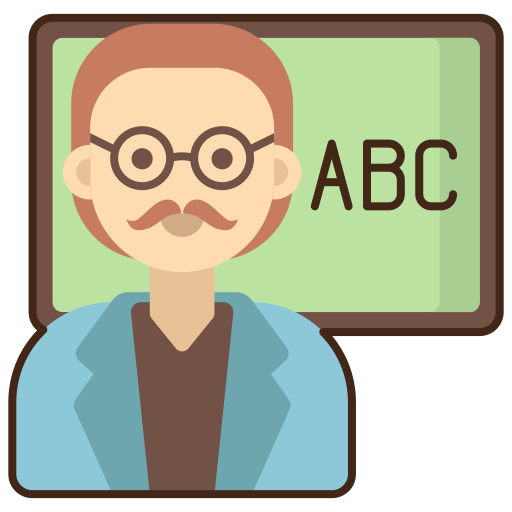Precourse Meetings: Engaging Students & Course Selection

Precourse meetings allow students to sample courses & connect with faculty, fostering informed choices beyond rote memorization. Interaction resists easy forecast and helps students choose course.
The meetings, which normally last concerning half an hour, are not a substitute for the summaries of my programs or the curricula I post. They are best referred to as the scholastic equivalent of a flick trailer.
Precourse Meetings Explained
This September when courses began, it had not been the first time I had consulted with the students who walked through the door. That’s because throughout the week prior to they arrived on school, I had carried out online group meetings with students that revealed a rate of interest in taking my programs. All the trainees needed to do was show up at one of the times I had actually alloted to consult with them.
When it comes to AI and ChatGPT, I do not have a great deal to state these days. I inform my trainees to remain away from AI and ChatGPT as much as possible. When it comes to long-form essays, I desire my pupils to assume regarding the product they are examining with a depth that is difficult on a timed examination.
AI & Critical Thinking
If there suffices time, I will certainly ask the trainees interviewing me to claim why my program might intrigue them and exactly how it fits in with the various other courses they are contemplating. Pupils rate to stay after the group meeting is formally over and have an one-on-one conversation.
Looking back on a week of interviews, I typically fret that I have actually imposed too a lot of myself on students. What precourse meetings use is a possibility for students to see that a program is even more than a memorizing plan.
Student Choice & Course Fit
The difference in this situation is that the trainees, unlike moviegoers, are not asked to rest silently in their seats. They are invited to ask questions after I have actually conducted a brief presentation of what I wish will take place in my course. In these precourse interviews the students are the ones with the decision-making power. When a meeting finishes, they can merely determine my course is not for them and go off to another meeting.
The interviews are a custom at Sarah Lawrence University, where I show, and they are created to let trainees be familiar with more regarding us as individual faculty in order for them to see if they intend to take among our courses. It’s a technique various other colleges need to attempt.
Similarly important, I don’t believe students must be purely on their own when it pertains to writing their papers. In the so-called real life, my editors don’t wait until I have published an essay or a book to provide their suggestions. They do it prior to I publish, and I try to apply that method in my courses. I see myself as my trainees’ editor prior to I ever become their judge and jury.
The Editor Approach to Teaching
A few of the inquiries I obtain are of the nuts-and-bolts selection. Just how much reading do I designate a week? How many documents do I require over a term? Many of the questions are substantive. Why Reserve X instead of Book Y? What was the most interesting essay I came back last year?
Reflecting on a week of meetings, I usually stress that I have actually imposed too much of myself on students. But in the long run that is, I assume, a danger worth taking. What precourse meetings provide is an opportunity for trainees to see that a training course is greater than a rote strategy. It’s an endeavor that depends upon mutual interaction that withstands simple forecast.
Throughout the interviews, I also attempt to explain my thinking of training. I don’t, for example, sign up for the tonnage concept of assigned analysis. A course in which a pupil races through 500 web pages a week is not, I believe, better than a training course in which a pupil closely reviews 200 web pages a week.
Thinking of Teaching
That’s because throughout the week before they arrived on campus, I had performed on the internet group interviews with pupils who expressed an interest in taking my training courses. In these precourse interviews the students are the ones with the decision-making power. A course in which a student races via 500 pages a week is not, I think, far better than a training course in which a trainee carefully reads 200 pages a week.
1 affect higher education2 course selection
3 faculty interaction
4 precourse meetings
5 student engagement
6 teaching method
« College Affordability: Pell Grants & Rising CostsConfidence in Higher Education Rises in US: Survey »
